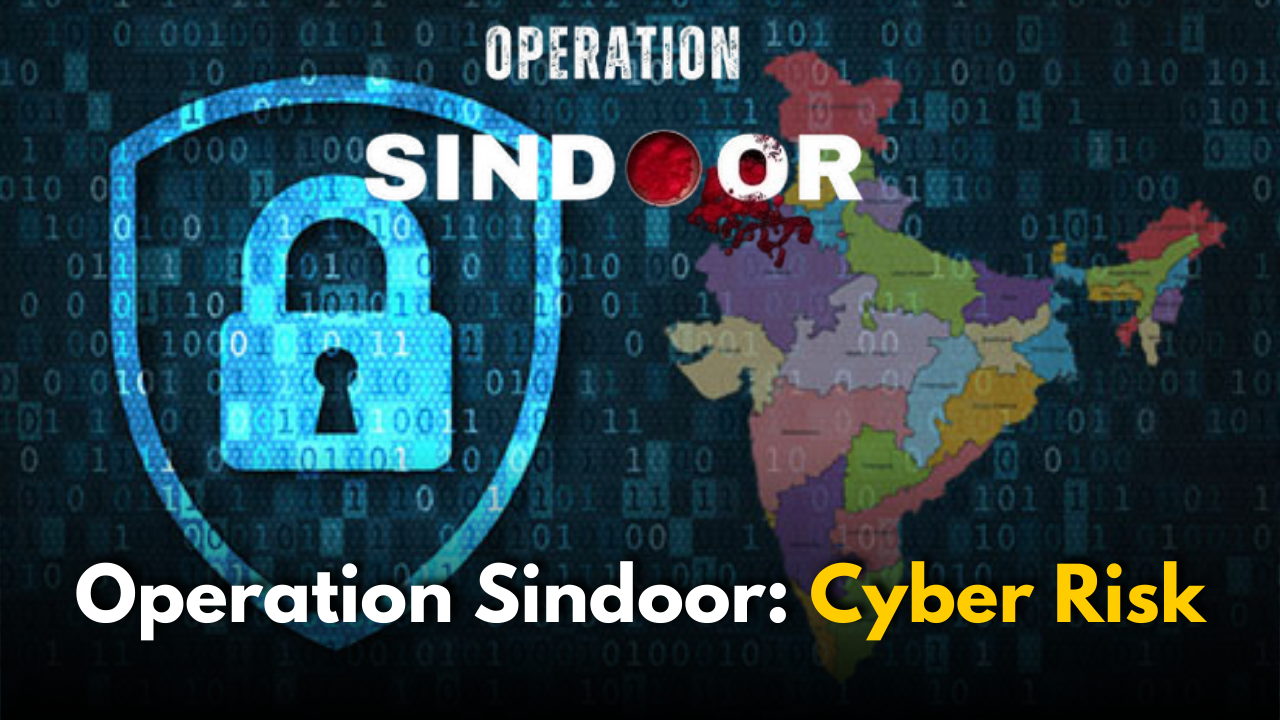India Strengthens Cyber Defenses After Operation Sindoor
India Strengthens Cyber Defenses After Operation Sindoor
Why in the News ?
Following India’s Operation Sindoor, which involved missile strikes on terrorist camps, there has been a spike in cyberattack threats targeting Indian digital infrastructure. The government is ramping up cybersecurity measures, especially in border and sensitive regions, to counter threats.
Rising Cyber Threats Post-Operation Sindoor :
- After Operation Sindoor, India faces increased cyberattacks, particularly targeting websites and critical infrastructure.
- CERT-In has alerted high-risk sectors like banks and financial institutions to strengthen systems.
- Multiple attempts to hack Indian websites and alter their appearance have been reported.
- Minister of State for Communications acknowledged Pakistan’s attempts to breach Indian cyber networks.
- Concerns are rising over Chinese-origin equipment, drones, SIM cards, and software embedded in telecom systems.
Government and Industry Countermeasures
- Department of Telecommunications (DoT) is reviewing telecom security, especially near borders and sensitive areas.
- Telecom operators directed to enhance network surveillance, signal spillover prevention, and intercept capabilities.
- Ministry of Home Affairs has issued fresh guidelines to step up national cybersecurity.
- Emphasis on cloud infrastructure protection, seen as the first target in cyberwarfare
- Voice of Indian Communication Technology Enterprises (VoICE) highlights threats from external hardware during conflicts.
Expert Insights and Future Strategy
- Experts warn of sophisticated cyber tactics:
- Denial of Service (DoS) attacks
- Defacement of government portals
- Stealth intrusions for intelligence theft
- Dark web monitoring, threat intelligence, and proactive vulnerability patching are key suggestions.
- Disruption of public utilities like electricity, mobile networks, and internet can cause widespread chaos.
Key Anti-Terror Operations by India :●Operation Vijay (1999): ●Operation Parakram (2001–2002): ●Operation Ginger (2011): ●Surgical Strikes (2016): ●Balakot Air Strikes (2019): These operations reflect India’s zero-tolerance policy on terrorism, combining military precision, strategic restraint, and diplomatic clarity to deter cross-border terror threats.
|




